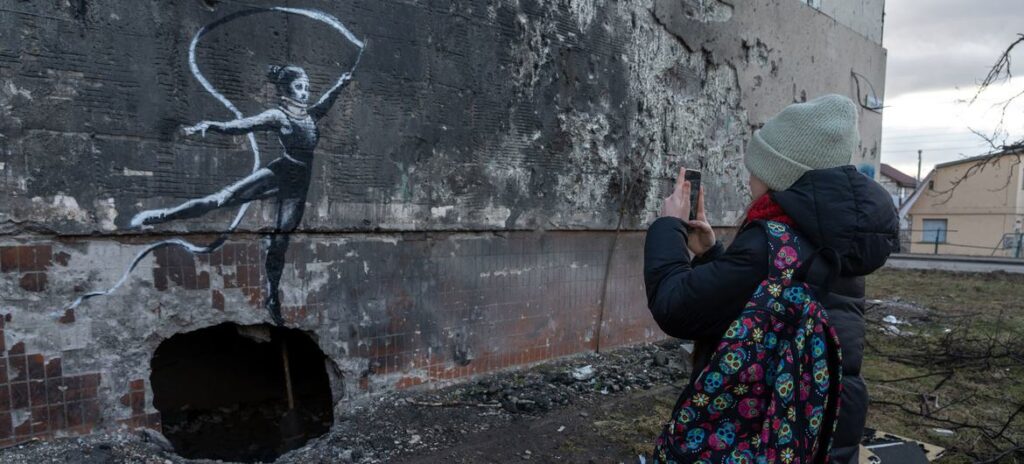WHO Director-General Tedros Adhanom Ghebreyesus said that failing to address adolescent mental, sexual and reproductive health will have “serious and life-threatening consequences for young people.” It will also impose a huge cost on society, warranting a major public investment from governments worldwide.
Tedros noted that anemia among adolescent girls remains “common” and at levels similar to 2010, while nearly one in 10 teens is obese.
STDs are on the rise
Sexually transmitted diseases (STDs), such as syphilis, chlamydia, trichomonas and genital herpes, which are common among young people, are also increasing.
If left untreated, they can have “lifelong health consequences,” the WHO chief said, citing new data.
Tedros also spoke out against efforts to reduce young people’s access to sexual and reproductive health care and sex education in response to growing backlash against gender equality and human rights.
He said any restrictive policies on the age of consent limit young people’s access to essential services, including services for sexually transmitted infections and HIV.
WHO notes that adolescence is a unique and crucial stage in human development, accompanied by major physical, emotional and social changes. It is a critical time to lay the foundation for long-term good health.
“Promoting and protecting the health and rights of young people is essential to building a better future for our world,” said Tedros.
“Conversely, failing to address the health threats facing adolescents – some long-standing, some emerging – will not only have serious and life-threatening consequences for the young people themselves, but will also result in skyrocketing economic costs.”
Profits are possible
The publication was launched at an event on the sidelines of the UN Top of the future.
“Adolescents are powerful and incredibly creative forces for good when they are able to shape the agenda for their well-being and their future,” said Rajat Khosla, executive director of the Partnership for Maternal, Newborn and Child Health, who co-hosted the launch.
“Leaders must listen to what young people want and ensure they are active partners and decision-makers,” she added.
Indigenous Peoples of Russia Face ‘Extinction’ Due to Mobilization in Ukraine
Russia’s indigenous population is facing “extinction” after being victimised by “mass” mobilisation to fight in the war in Ukraine, a leading independent human rights expert said on Monday.
The Special Rapporteur on the situation of human rights in Russia, Mariana Katzarova, said that the mobilisation of minority communities was largely forced.
“The mobilization of indigenous peoples, especially from small countries, is enormous and the mortality rate is enormous, which puts them at risk of extinction,” she said, citing data from civil society.
‘Almost no Slavic faces’ on the front line
The independent human rights expert, who does not work for the UN and does not receive a salary from the organization, said that after Russia’s large-scale invasion of Ukraine in February 2022, she saw “almost no Slavic faces” in the images broadcast from the front, but rather those of Russian ethnic groups.
UN News/Dominika Tomaszewska-Mortimer
“It was the Buryats, the Kalmyks, the Chechens, the national minorities of Russia,” she insisted.
Ms Katzarova said in Geneva that Russian authorities had gone to the “far reaches” of the country to find war recruits.
“The mobilization has not been so brutal in Moscow and St. Petersburg… They are the most advanced places where people know their rights.
“But when you’re on a train 100 miles away from Moscow and St. Petersburg, let alone in the distant regions of Siberia… people don’t even feel like they have a choice. They don’t even know their rights.”
The independent human rights expert said she had documented cases where the military went “door to door” looking for soldiers and “simply dragged the men out of indigenous villages”.
Mrs Katzarova will submit her report to the Human Rights Council on Tuesday.
Belarusian authorities suppress ‘all opportunities for dissent’, says UN Human Rights Council
Serious violations of the rights of civil society and government critics continue in Belarus, the UN says. Human Rights Council heard on Monday.
The Group of Independent Experts on Belarus, appointed by the Council in Geneva, revealed numerous serious abuses related to the protests surrounding the disputed re-election of President Alexander Lukashenko in 2020.
According to Karinna Moskalenko, chair of the panel of independent experts, these include deaths, torture, gender-based violence and denial of the right to a fair trial.
Climate of fear
She said the government “continues to create a pervasive climate of fear by suppressing all forms of dissent, including in the digital space. New electronic intelligence equipment appears to have been pursued to increase monitoring of online activities ahead of the presidential election.”
Ms Moskalenko, who is an independent expert not working for the UN, further maintained that President Lukashenko’s government was “responsible for the almost total destruction of civic space and fundamental freedoms in Belarus”.
Most opponents of the authorities have been “imprisoned or forced into exile” since the 2020 elections, she noted.

